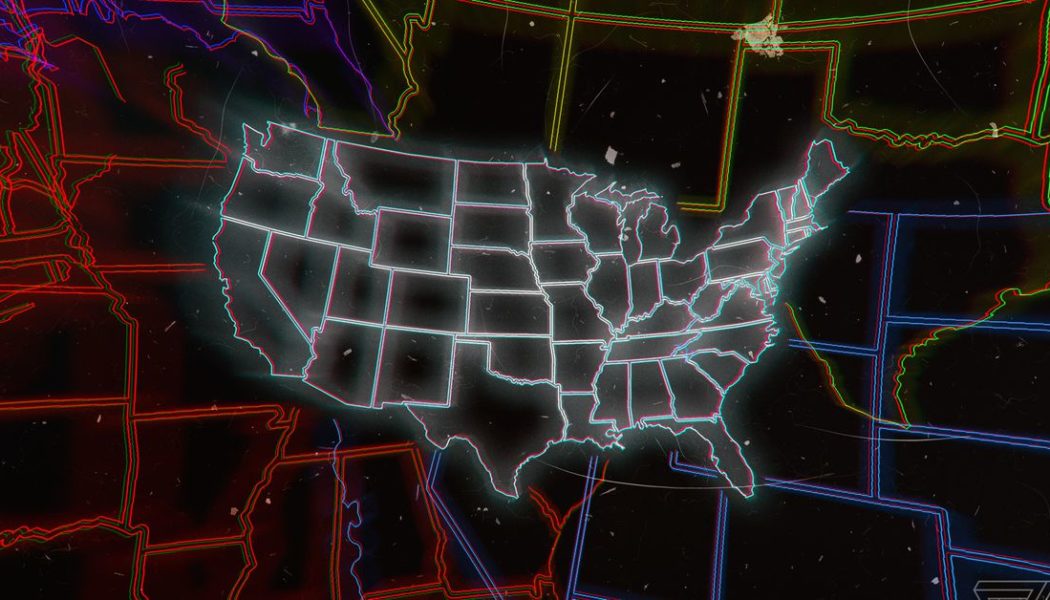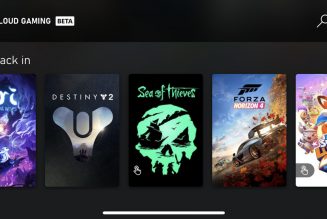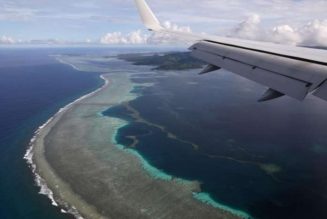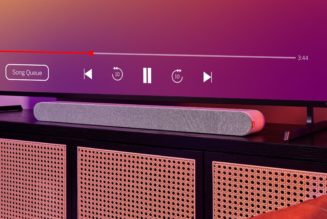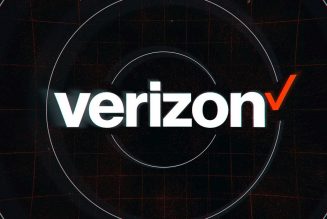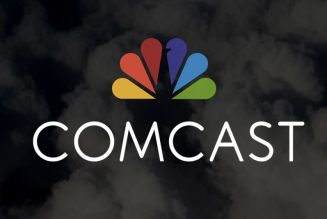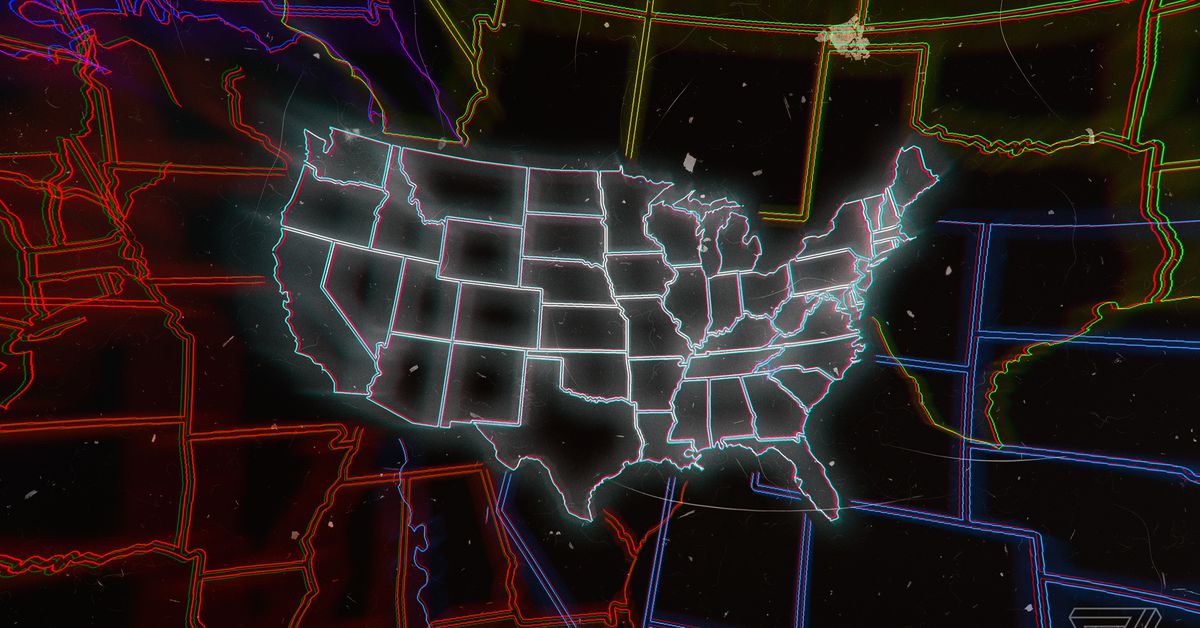
On Friday, Virginia Gov. Ralph Northam (D) announced that the state plans to invest $700 million in American Rescue Plan funding to reach universal broadband connectivity by 2024. This new investment shaves four years off of the governor’s original plan to connect every household to high-speed broadband.
The pandemic dramatically affected the ways in which people work and attend school — pushing many office-holders to renew efforts to ensure citizens are able to get online. According to Northam, more than 233,000 homes and businesses in Virginia are without broadband access.
“It’s time to close the digital divide in our Commonwealth and treat Internet service like the 21st century necessity that it is — not just a luxury for some, but an essential utility for all,” Northam said in a news release Friday. “The pandemic has reinforced how important high-quality broadband is for the health, education, and economic opportunity, and we cannot afford to leave any community behind.”
The Virginia General Assembly is set to meet for a special session on August 2nd to plot a path forward for spending the funds.
At a press conference announcing the investment Friday, Sen. Mark Warner (D-VA) lauded the funding and promised that Virginia lawmakers were working alongside the governor’s office to produce future-proof connections.
“When we talk about broadband, let’s make clear we’re working under the governor’s leadership, not to some slow speed like 25 down and three up, but much higher speeds,” Warner said Friday. “So you actually can see somebody on a Zoom.”
In a July report, the Government Accountability Office (GAO) called on the Federal Communications Commission to rethink its current minimum broadband standard of 25Mbps download and 3Mbps upload speeds. The GAO said that most businesses in 2021 cannot run their operations effectively at such slow speeds.
In March, President Joe Biden signed the American Rescue Plan, providing billions in COVID-19 relief for states. Virginia received more than $4 billion in relief, the pool of money that will be used to support universal broadband connectivity.
“This will be fiber, satellite, maybe wireless,” Warner said Friday. “This is the kind of future we all have imagined for quite awhile.”
